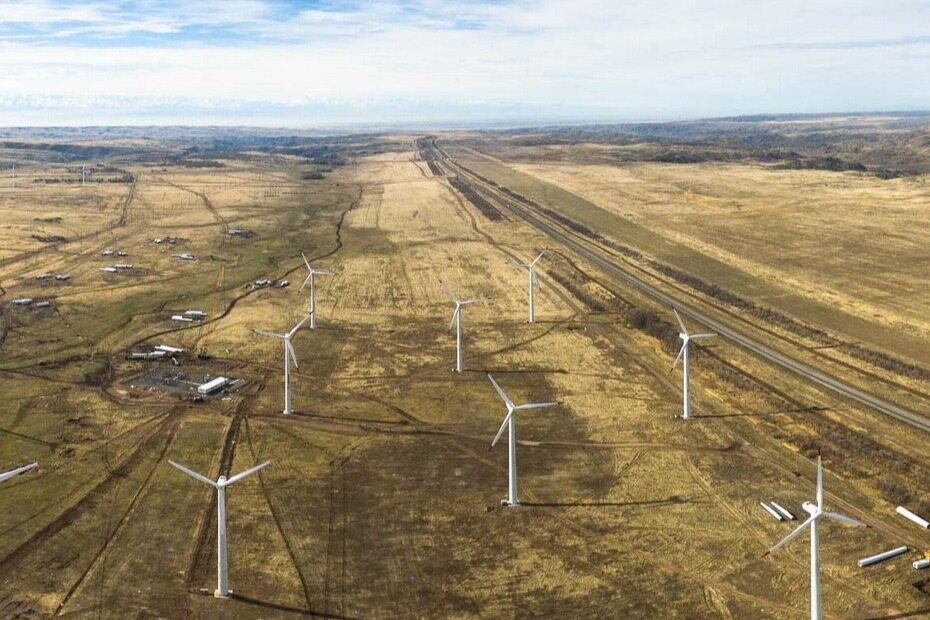- The EU aims to import 10 million tons of green hydrogen energy by 2030
- Svevind, a German developer, signed an agreement with Kazakhstan to produce 2 million tons of H2 from the world's largest wind and solar energy base

One of the largest renewable energy and green hydrogen energy projects in the world has taken an important step towards commercialization after Svevind, the developer, signed an investment agreement with the Kazakh government. According to the agreement, the parameters of the 20GW Hyrasia One project, including available land, access to infrastructure, unimpeded flow of goods and capital and other economic and legal conditions, were agreed upon by Charles Michel, President of the European Council, and Kassem, President Jomarte Tokayev in the presence of the Astana Presidential Palace.
This $40 billion to $50 billion project will generate up to 2 million tons of green hydrogen energy every year. It will be powered by about 40GW of wind and solar energy installed on the vast grasslands in the southwest of Kazakhstan, making it one of the largest renewable energy projects in the world after its completion in 2032.

This agreement means that Hyrasia One can now conduct specific negotiations with co investors, customers and factory suppliers, thus laying the foundation for the subsequent green hydrogen marketing. The statement added that the final investment decision will be made in 2026.
Kazakhstan is an ideal place for clean energy and green hydrogen production, said Wolfgang Kropp, Managing Director of Hyrasia One and CEO of Svevind. For example, the vast grasslands have excellent wind conditions throughout the year, and the solar irradiance is much stronger than that in Central Europe. Michelle attended the signing ceremony in Astana, the capital of Kazakhstan, suggesting the importance of the project to the EU, which aims to import 10 million tons of green hydrogen energy by 2030.
According to a statement of the European Council, President Michel and President Tokayev agreed to further strengthen, deepen and expand Kazakhstan EU cooperation in various aspects in the coming years. This includes cooperation in "sustainable raw materials, batteries and renewable value chains".
Since Kazakhstan lacks access to the high seas and is about 2000 kilometers away from the European continent, it is almost certain to build a pipeline to export hydrogen to the EU. The alternative is to load hydrogen tanks on trains or trucks. The pipeline may have to cross the Caspian Sea and the Black Sea, as well as parts of Azerbaijan and Georgia, to reach the EU. Kazakhstan's economy is currently heavily dependent on fossil fuel exports. It has been one of the top ten coal and crude oil exporters in the world, and has committed to carbon neutrality by 2060.Editor/Xing Wentao
Comment
 Praise
Praise
 Collect
Collect
 Comment
Comment
 Search
Search














Write something~